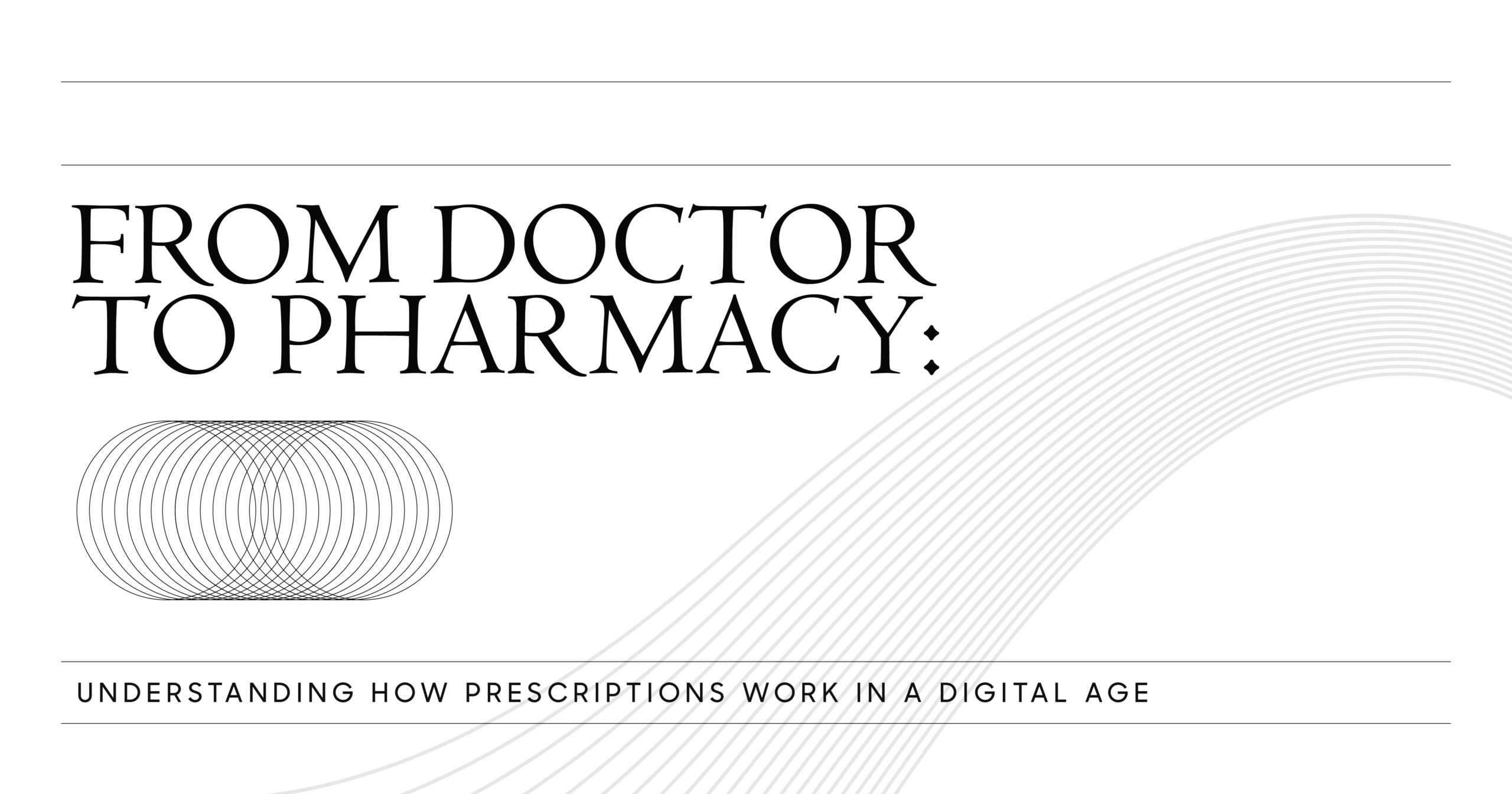Among all the fears mental health professionals have, insurance audits often take one of the top places. They can be intimidating, time-consuming, and discouraging.
If you’ve recently been audited, you may feel unsure about the next steps. Know that you’re not alone and that many, many healthcare providers have navigated this process. With the right mentality and strategies, you will get through this! Here’s what you need to know.
Understanding Why Audits Happen
Insurance companies are ultimately focused on making and retaining money. They regularly audit their providers to seek payment or avoid needing to pay for future claims.
Insurance companies don’t inherently disclose their motives for auditing a provider. It’s believed that audits can be entirely random, but certain trends or therapist red flags may increase the likelihood of being flagged.
Abnormal billing is one of the main triggers of an insurance audit. When a provider has abnormal billing, their process and documentation distinctly differ from the other providers in their geographical region. These differences can draw attention and be a cause for targeting.
Some examples of abnormal insurance billing include:
- Billing more frequent sessions than usual
- Billing CPT codes that are unique or atypical for your specific profession
- Missing essential documentation, including initial assessments and treatment plans
- Documenting in a way that doesn’t accurately reflect the current diagnosis or treatment plan
- Failing to adhere to typical coding requirements
- Billing errors (i.e. unbilled services or confusing two different complaints)
What Happens During a Typical Insurance Audit?
Insurance audits typically start with the company withholding money from any current claims. They will also request specific documentation from you directly.
You may be asked to provide treatment plans or notes associated with particular days of service. In rare cases, insurance company representatives may want to visit your office directly, but most companies will have you fax or mail over the information.
If you are audited, here are the main takeaways:
Take a few deep breaths: Despite the horror stories, if you’ve done everything right, the audit process will likely be fairly straightforward.
Adhere to the insurance company’s requests: It’s important to be cooperative and timely in sending over any requested documentation. Provide only what’s requested (sending anything extraneous may actually breach your client’s confidentiality).
Do not change your documentation: All EHRs time-stamp treatment records, so any edits will be reflected. In other words, the insurance company will know if you revise a document at the last moment.
Always double-check your current contract: Know your own responsibilities and rights as a provider for each particular insurance network. In addition, many insurance companies have checklists for their providers about what they need.
Determine the need for an attorney: Audits can result in devastating financial consequences, particularly if you’re convicted of fraud or other related problems. Many providers feel out of their league when trying to navigate the uncharted territories of being audited. An attorney can provide you with peace of mind and reduce the risk of you making mistakes during this time.
How to Reduce Your Risk of Being Audited
It’s impossible to entirely safeguard your practice from an insurance audit. Being in-network with any payer means that they have the right to audit you at any point. That said, it’s essential to strive to maintain compliance as much as possible.
Keep everything streamlined via an EMR: It’s imperative to use HIPAA-compliant practice management software to stay organized. An EMR will ensure that you stay up-to-date with all clinical notes, intake forms, treatment plans, and other essential documentation. At Navix Health, our EMR is all-inclusive and includes ongoing customer relationship management to support you at all times.
Prioritize excellent documentation: All clinical documentation should be concise and professional. Ensure that your paperwork includes justification for treatment and accurately reflects client progress. Make sure you clearly know the difference between subjective and objective data when writing your notes.
Always consider medical necessity: Remember that insurance wants justifiable evidence that the client benefits from the rendered services. This should be at the forefront of your mind when writing any documentation. You want to clearly convey that stopping treatment abruptly would be problematic for your client’s well-being.
Maintaining Compliance In Your Practice
Whether you’re a solo practitioner or run a large-scale mental health organization, compliance matters in everything that you do. At Navix Health, we provide affordable and comprehensive software for professionals in the behavioral healthcare sector. Our product is designed to enhance employee efficiency and improve business profitability.
We’d love to hear more about your business’s needs! Request a custom demo with our team today.



